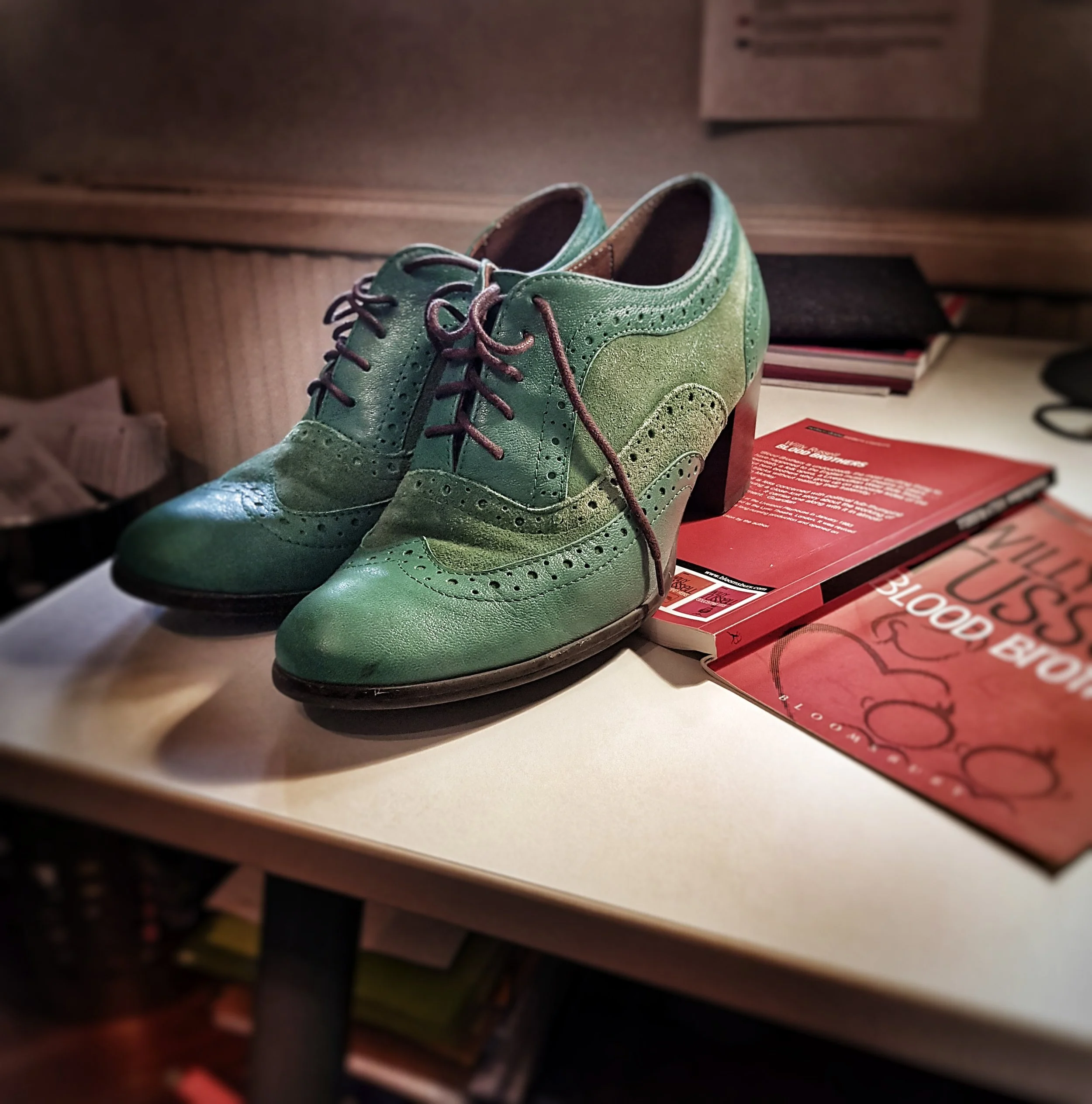Was Shylock really so awful?
How is Shylock represented in this extract?
How does Shakespeare present racial prejudice here and elsewhere in the play? Extract available here
In this speech Shylock makes an impassioned plea to be accepted as human, He sounds like a man deeply wounded by the de-humanising insults to which he has been subjected. However, Shakespeare does not allow his audience to feel sympathy with him for long, as soon after this speech, we see the money lender refusing to be merciful in court. One question we have to ask is, why doesn’t Shylock accept the extra money offered by Bassanio? And why does Shakespeare encourage us to feel deeply for this wronged man in act three, before denouncing him utterly in act four?
Shylock begins this speech talking about his reasons for revenge. He lists nine verb phrases of actions (or crimes) that Antonio has committed against him. First among these is that Antonio has ‘disgraced’ Shylock. This is an offence with no financial loss at its heart, but clearly is one that has caused Shylock considerable emotional pain. Only after ‘disgrace’ do we see that Antonio has cost Shylock money: ‘hindered me half a million… thwarted my bargains’. Given that the Elizabethan stereotype of a Jew included strong ideas that they love money above all else, Shakespeare’s depiction of Shylock seems to be more nuanced, he is more concerned with his self-esteem, his friends and his emotions. Particularly notable is that Shylock accuses Antonio of ‘scorning his nation' which implies that Shylock has a strong fellow-feeling for other Jewish people.
After this listing of Antonio’s crimes, Shylock goes on to make a case for himself, and other Jewish people, being treated with the same respect as Christians. His initial rhetorical question, ‘hath not a Jew eyes?’ seems very impassioned, a reminder to the audience that he can see like anyone else and understands that he is being unfairly treated. Shylock can see the injustice. He goes on to list many everyday ways that he experiences the world in the same way as non-Jews. Prime among these is, ‘if you prick us do we not bleed?’ Given the nature of the price Shylock wants to extract from Antonio, this seems an ironic plea. The audience knows the nature of the bargain, and Shylock’s response to Salarino’s question seems to hint that Shylock is intending to try to extract his actual ‘pound of flesh’.
Shylock explicitly compares Jews and Christians towards the end of his speech by asking why, when a Christian has a right to revenge on a Jew, the opposite does not also apply? The Shakespearean audience, however, would have understood that revenge and legal retribution, even though often carried out, should, in a Christian worldview, be tempered with mercy. As we see in the court scene, Shylock does not understand the merits of mercy. But could we also not see Shylock’s determination to follow through on his bargain as a just retribution for the ‘crimes’ he has suffered at Antonio’s hands?
During the court scene, Shylock remains horrifyingly, dramatically and implacably fixed on his course to extract his ‘pound of flesh’ from Antonio. No amount of appeal, either legal or moral will sway him towards mercy. But is Shylock really behaving unreasonably? This is a court of law, which must take account only of the law as it is written. We know that Venice relied upon international trade for its wealth and that having a fair and equitable legal system by which to settle disputes between traders was an important part of the trading system. Maybe, the question we should ask, is whether Antonio, given he understands the system, should have entered into the bargain at all?
The answer to that question lies somewhere in an understanding that Antonio and Shylock are two people, who may use the same words to communicate, but in reality, they speak totally different languages, have a very different understanding of the world and vastly different experiences within it. Antonio walks through the world with an assumption of his own superiority towards everyone around him. Astonishingly, he knows he has abused and persecuted Shylock on the Rialto, but he still feels entitled to a loan from him on preferable terms. Shylock experiences most people in the world as pre-disposed to dislike and distrust him. Is it any wonder he feels entitled to retribution?
In many ways, we can see the Merchant of Venice as an exploration of the ways that society has damaged this man, Shylock, through its anti-Semitism towards him. However, in the final reckoning it is inevitably the Christian characters who triumph. This was a necessity, given the genre of the play as a comedy which required a slew of marriages at the end and the constraints of Shakespeare’s time (although, the traditional comedy marriage plot is also rather messy in M of V – but that’s for a different essay!). For the greater part of the Merchant of Venice, Shylock is presented in prejudiced, racist terms that we, rightly, find abhorrent. However, in this short speech of Shylock’s we see a glimmer of understanding that Shakespeare felt that we all share a common humanity and should treat each other accordingly.






